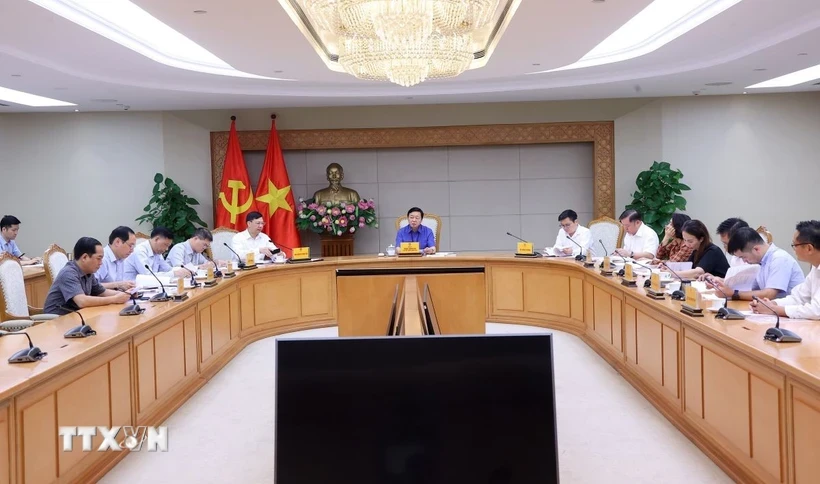
Deputy Prime Minister Tran Hong Ha chaired the meeting. (Photo: Van Diep/VNA)
On the morning of July 2, at the Government Headquarters, Deputy Prime Minister Tran Hong Ha chaired a meeting with a number of ministries and branches on the draft Program for the development of the Environmental Industry to 2030, with a vision to 2050 (draft Program).
Developing environmental industry into an independent economic sector
According to the draft Program, the general objective of the Program is to build and develop the environmental industry into an independent economic sector, making important contributions to the national economic structure. The environmental industry must meet domestic needs for environmental protection; at the same time, it must be able to participate in the global supply chain of environmental technology, equipment and products.
Some specific targets, by 2030, technology, equipment and products of the environmental industry must meet 60-80% of domestic demand in the fields of wastewater treatment, exhaust gas, solid waste, hazardous waste and environmental measurement; this rate will increase to 80-90% by 2035. The environmental industry must gradually form a domestic environmental goods market, develop the capacity to export equipment and products with competitive advantages.
One of the major orientations of the program is to take private enterprises as the center, support through preferential mechanisms on green credit, tax policies, investment incentives, promote the formation of an innovative ecosystem in the environmental industry. Along with that are synchronous solutions on institutions, technical standards and regulations, market development and data infrastructure.
The program also emphasizes the role of scientific research, technology transfer and new product development, especially advanced technologies in waste treatment, recycling, energy saving and smart manufacturing. Products applying biotechnology, sensors, automatic control and smart management software are encouraged to be developed and put into production.
At the same time, training and developing high-quality human resources in the environmental industry is also considered a key solution to develop this sector. The program will build a national database on human resource needs, organize training for state management officials and businesses, and form a team of experts with the capacity to access technology and international markets.
Commenting on the draft Program, delegates emphasized the need to "correctly and accurately" identify priority tasks, meeting practical requirements for developing the environmental industry; creating a "playground" for businesses, having preferential policies on taxes, land, and rental prices to create real motivation for businesses, supporting technology transfer, investment in domestic production and localization of equipment; specifying the ministries and branches in charge, implementation time, and ensuring feasible output results, with key focus.
In addition, there are opinions that it is necessary to supplement mechanisms and regulations to mobilize resources for career expenditure, public investment, socialization, ODA, and FDI.
Some opinions suggest referring to international experience in building industrial parks specializing in recycling, water technology or waste treatment; adding a task group to develop industries for treating construction waste, agriculture and solar battery recycling, etc.
Encourage businesses to transfer technology when investing
Concluding the meeting, Deputy Prime Minister Tran Hong Ha frankly stated that the draft Program only stops at the level of action orientation, the content is still general, lacks quantification, does not clearly identify the presiding agency, implementing unit, has no specific implementation plan or performance measurement target. The Deputy Prime Minister requested the Ministry of Industry and Trade to review the approach, set specific targets and a clear implementation roadmap for each stage of development of the environmental industry.
The Deputy Prime Minister emphasized that, in the immediate future, by 2025, it is necessary to clearly identify the environmental industry, including the service sector, to become an important economic sector, playing a strategic role in ensuring independence, autonomy and handling the country's environmental challenges, moving towards exporting environmental technology, products and services.
Emphasizing that each field in the environmental industry needs to determine specific goals, the Deputy Prime Minister gave an example: waste treatment must set targets for thoroughly treating domestic solid waste, hazardous waste, urban and industrial wastewater. Circular economy needs to clarify the recycling and reuse rates in industry, construction, and mining. Clean energy must determine the application rate in production, transportation, and construction. Environmental monitoring needs to establish the number of monitoring stations, the level of automation, and coverage. Building an environmental service ecosystem with the participation of many economic sectors...
“The goals must be linked to domestic technological capacity, from partial imports to complete mastery, gradually reducing dependence on imported equipment,” the Deputy Prime Minister stated.
Therefore, the Deputy Prime Minister requested the Ministry of Industry and Trade to review the issued institutions and policies, propose to supplement the missing regulations, especially in the fields of tax and finance, consider adjusting import taxes and corporate income taxes accordingly; have a mechanism to encourage enterprises to transfer technology when investing, have preferential policies when meeting standards; support research and development (R&D), technology transfer, human resource training...
The program also needs to assign specific tasks and clearly divide roles in research, production, investment, and promulgation of standards and regulations; clearly identify a list of priority technology products for development in the period 2025 - 2030, including: Waste-to-energy technology; urban/industrial wastewater treatment; recycled construction materials; recycling waste from renewable energy sources (solar power, wind power); environmental monitoring systems; bioplastics and green materials, etc.
Emphasizing that the environmental industry needs the participation of private enterprises, the Deputy Prime Minister noted that in areas with high costs, high risks or where there are no capable private enterprises, the public sector must take the lead and pave the way, such as: hazardous waste treatment, development of environmentally friendly materials, large-scale environmental monitoring, waste recycling technology, wind power, solar power, etc.
State-owned enterprises in the fields of energy, construction, and industry should be assigned to carry out model projects on environmental industry, as a basis for replication nationwide; at the same time, promote public-private cooperation in research and production of new products.
"The State will support capital, infrastructure and human resource training, and businesses will implement, operate and commercialize products," said the Deputy Prime Minister./.
Source: https://baolangson.vn/chuong-trinh-phat-trien-nganh-cong-nghiep-moi-truong-nam-2030-tam-nhin-nam-2050-5051997.html


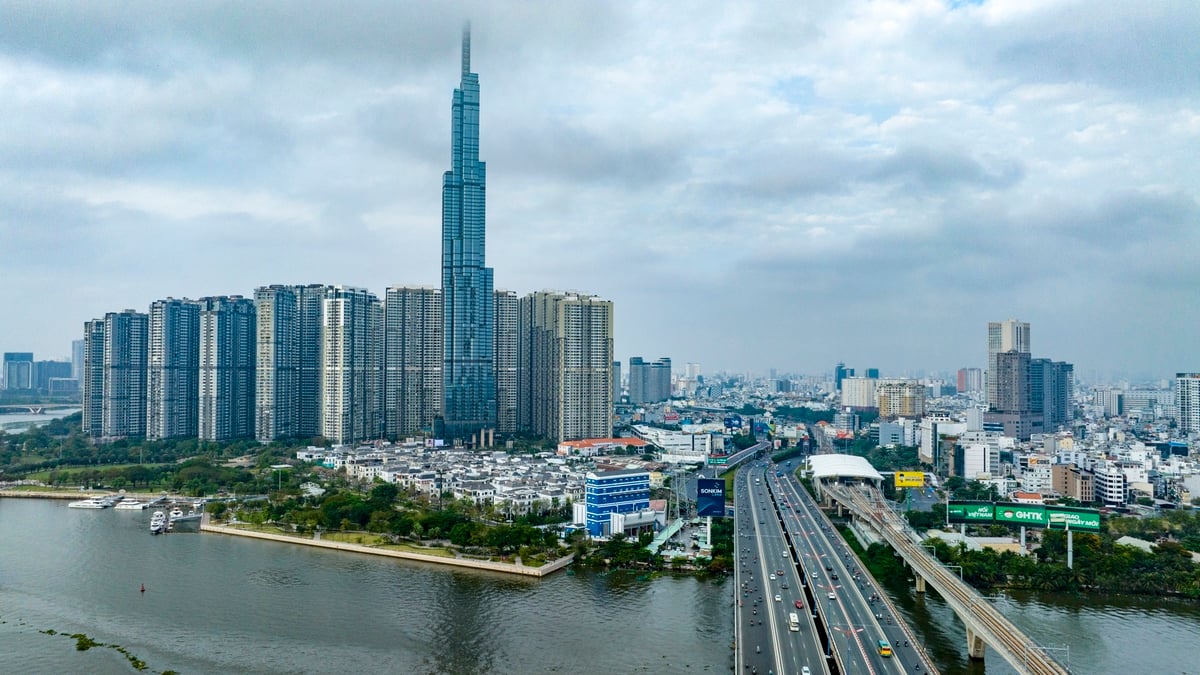

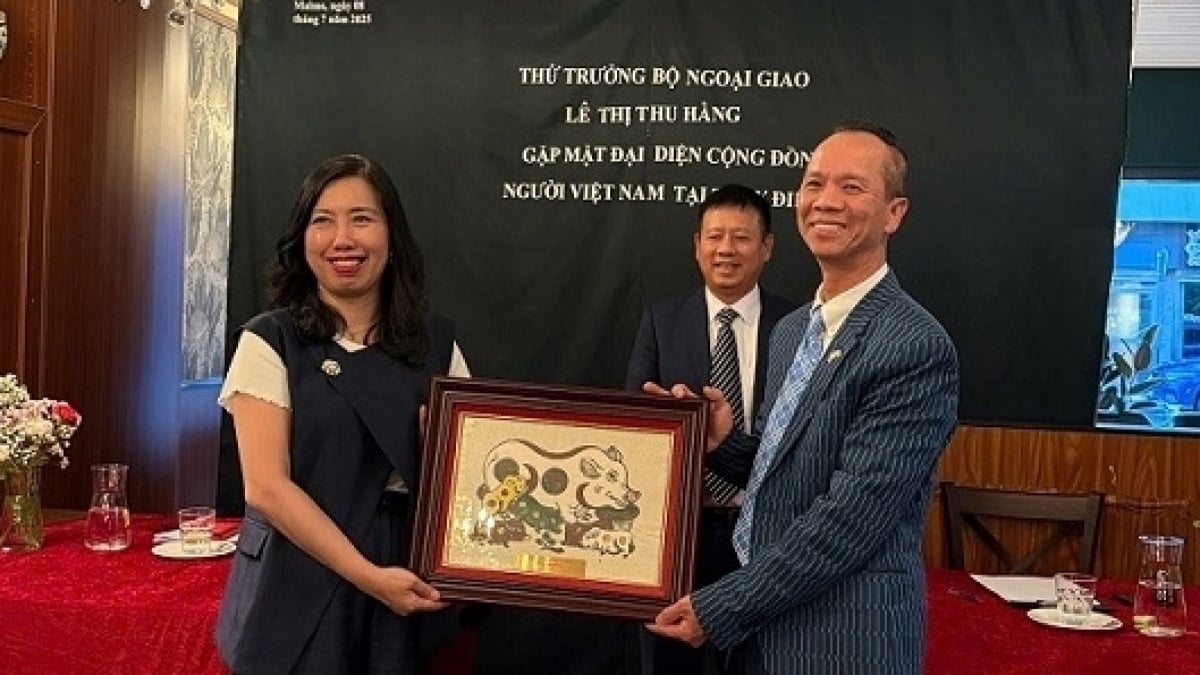
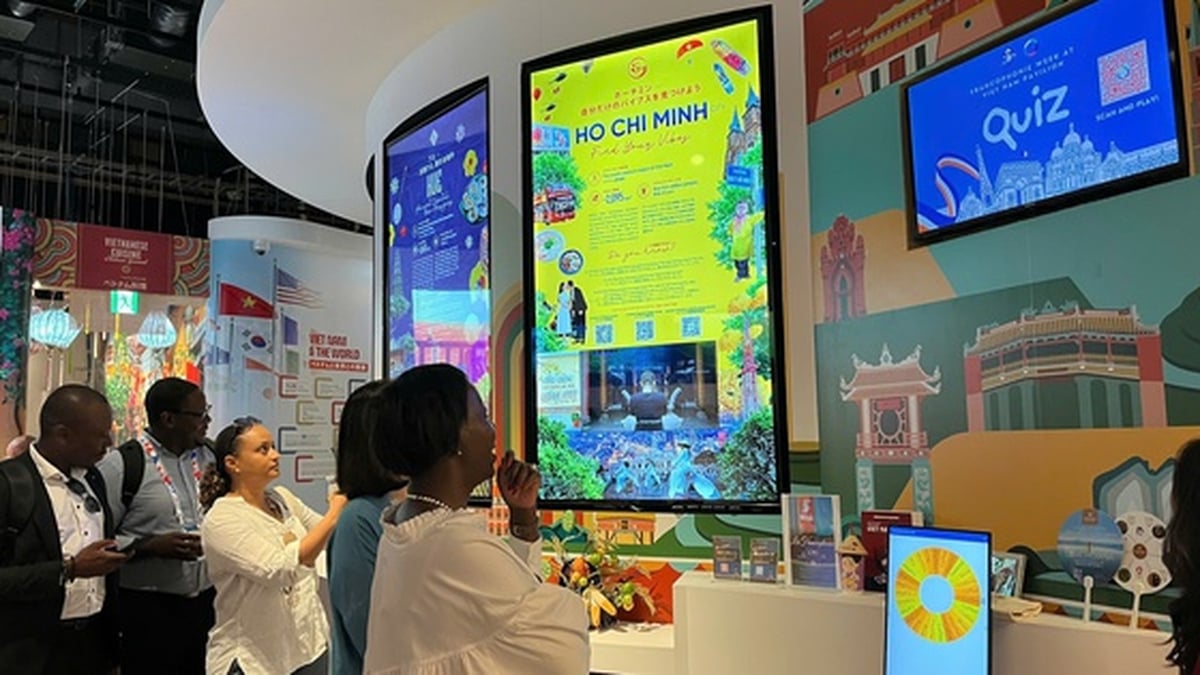
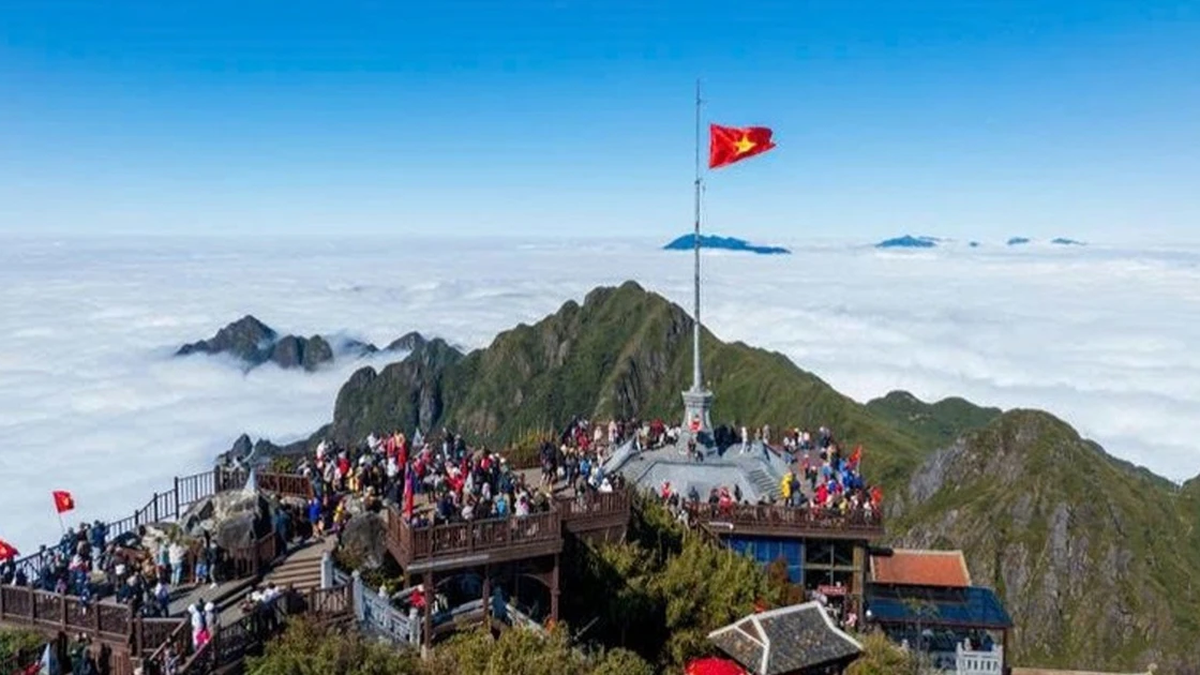
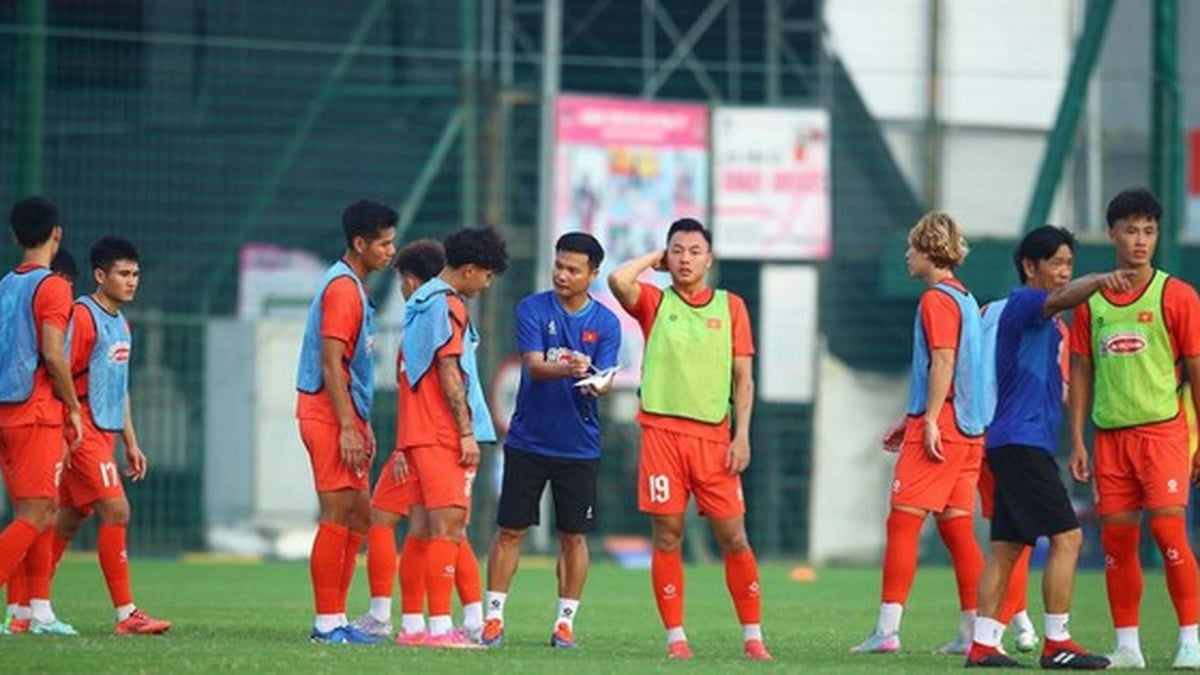
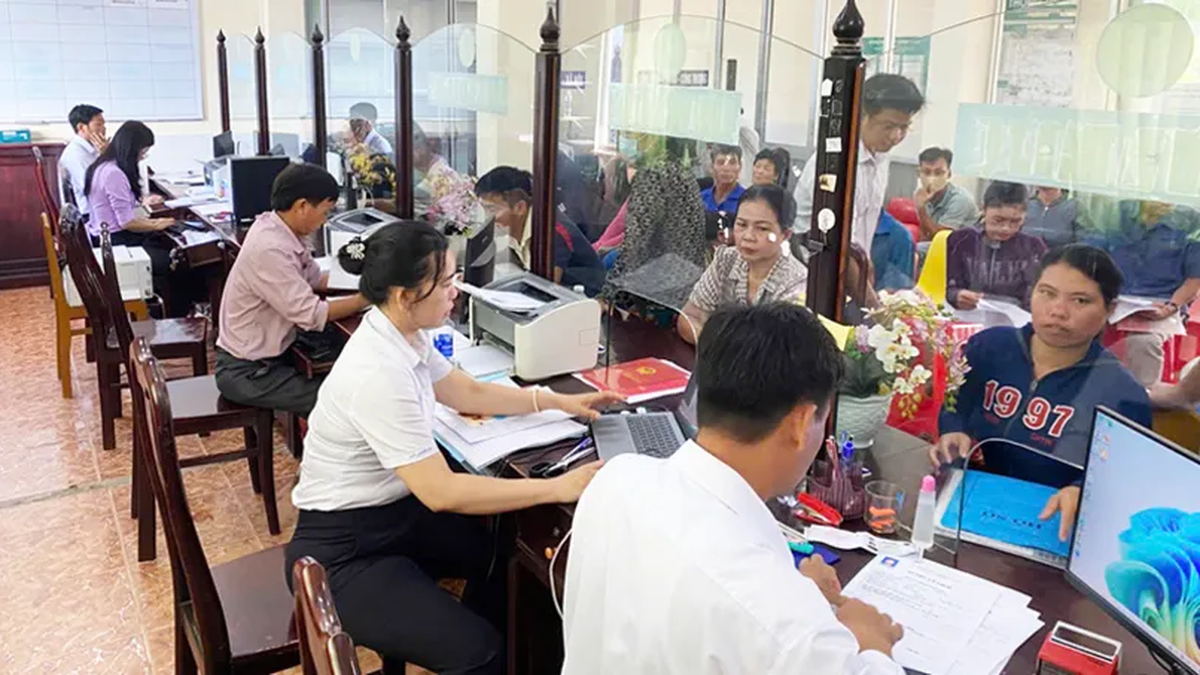

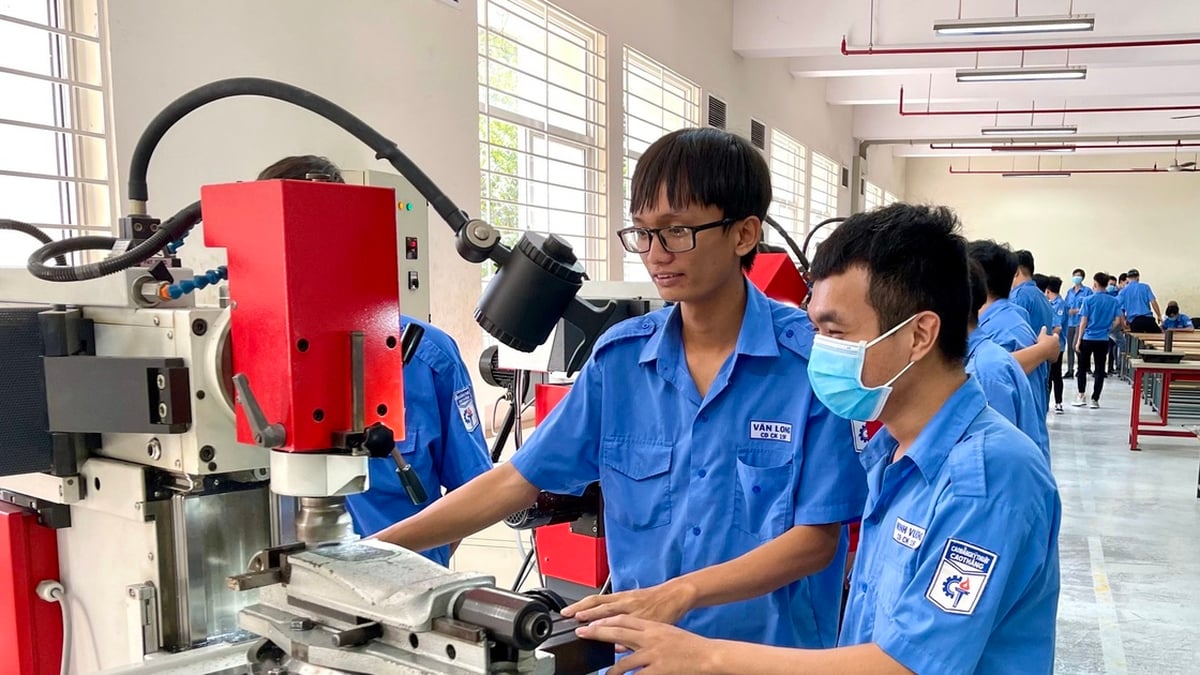
















![[Photo] Gia Lai provincial leaders offer flowers at Uncle Ho's Monument with the ethnic groups of the Central Highlands](https://vphoto.vietnam.vn/thumb/1200x675/vietnam/resource/IMAGE/2025/7/9/196438801da24b3cb6158d0501984818)




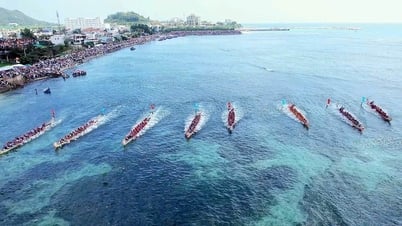



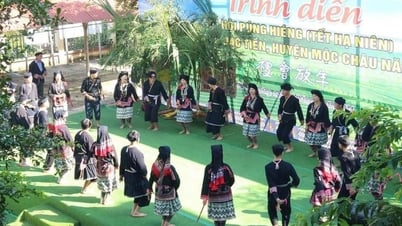

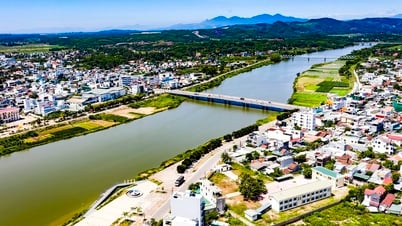

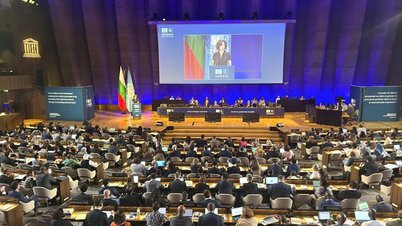














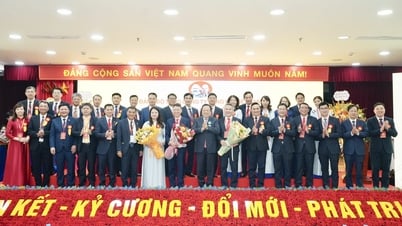




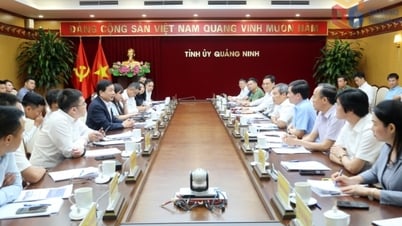

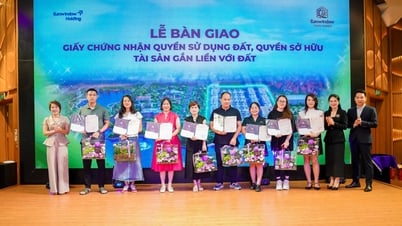


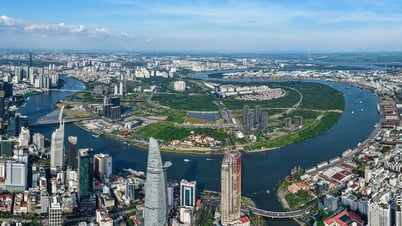

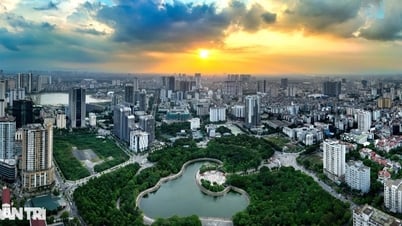
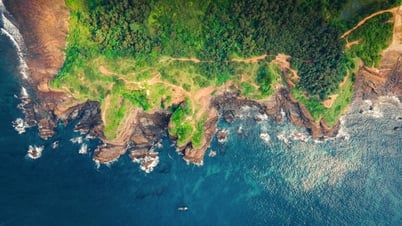

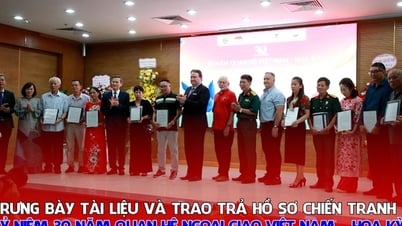

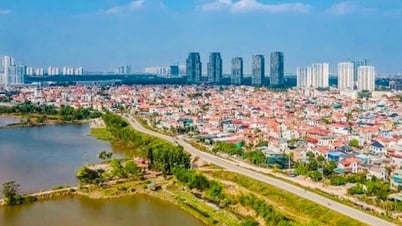
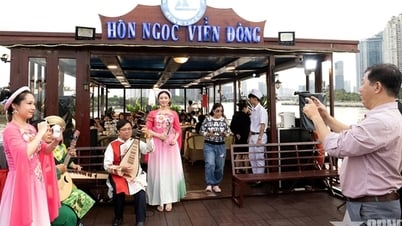
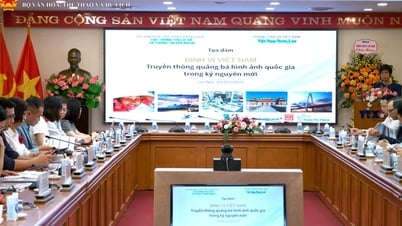

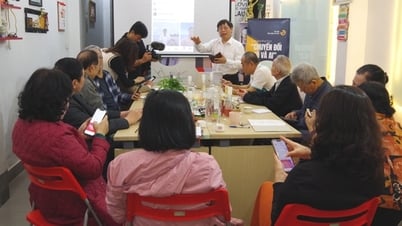


















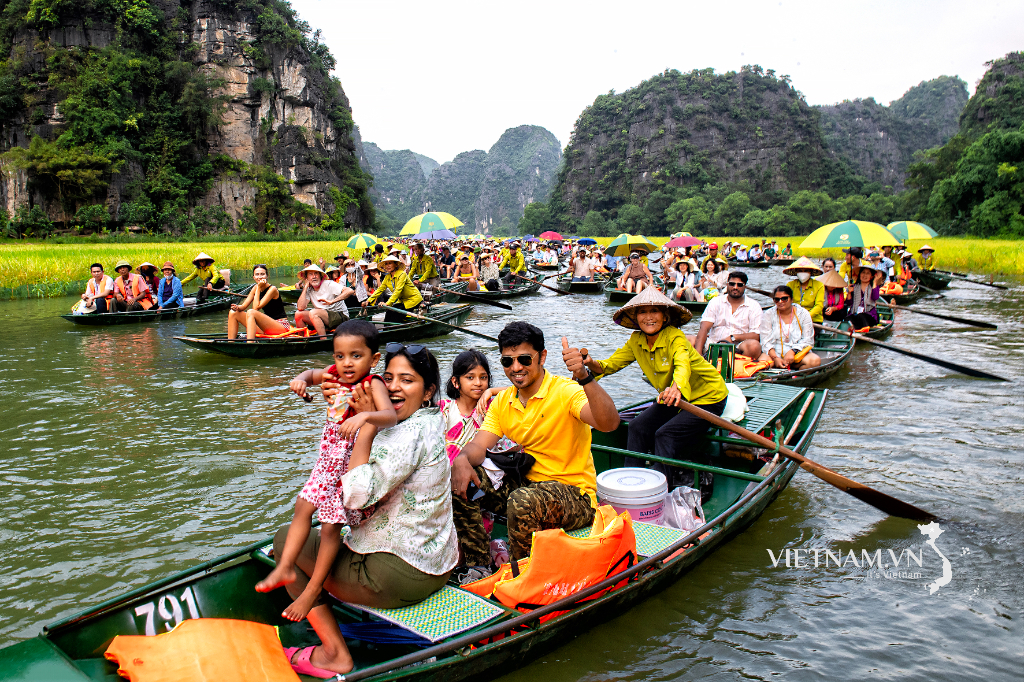
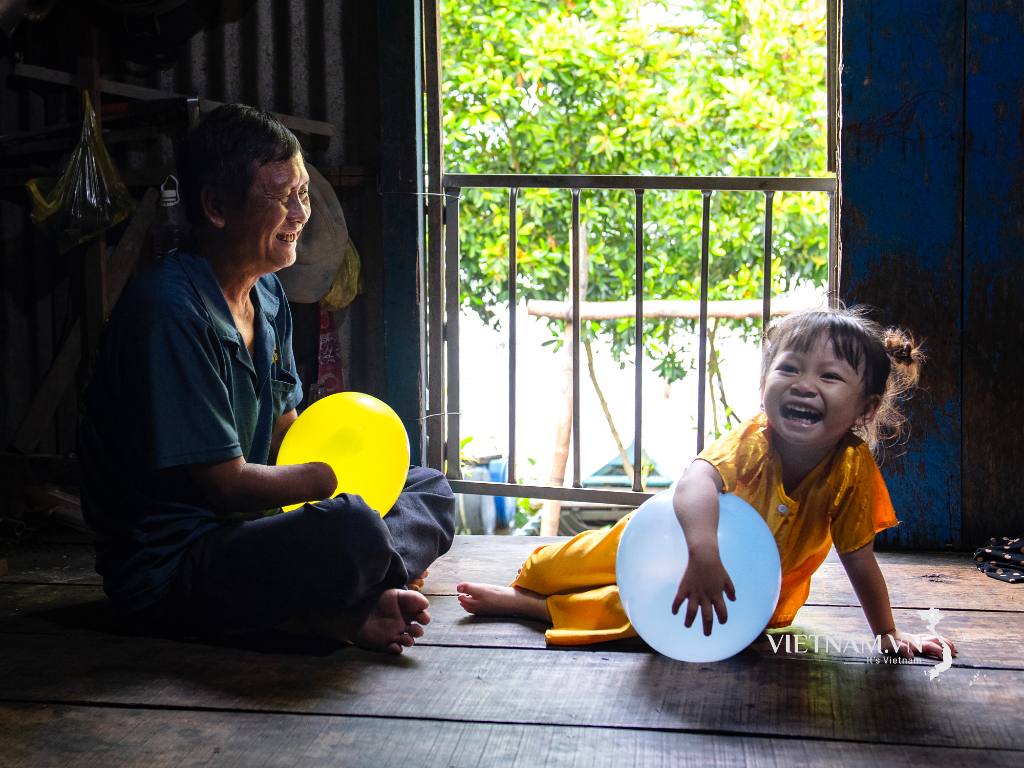
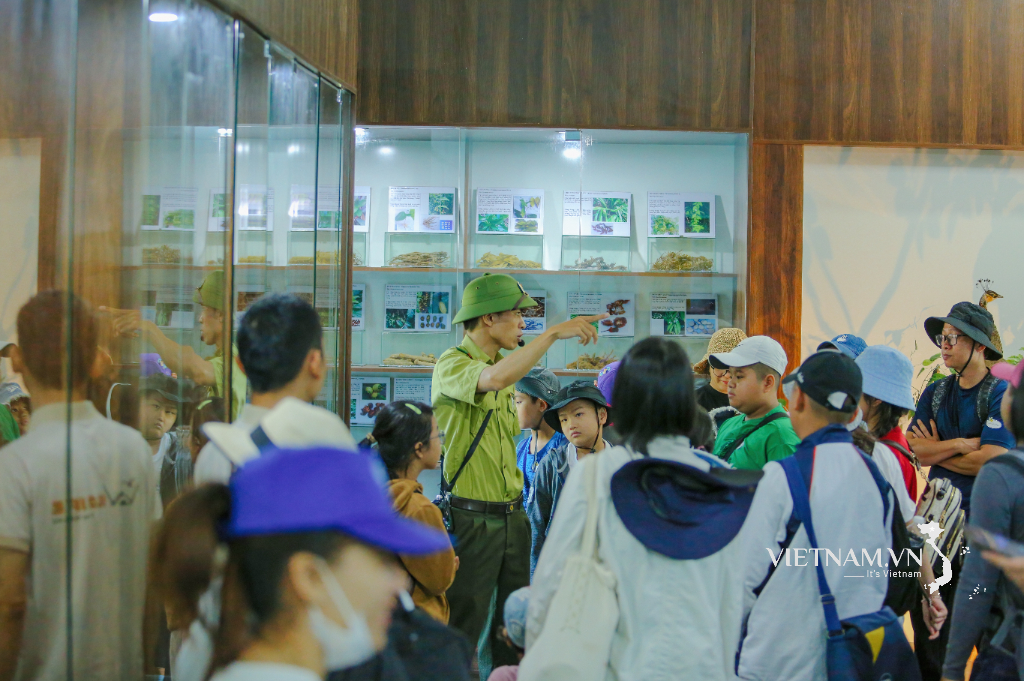
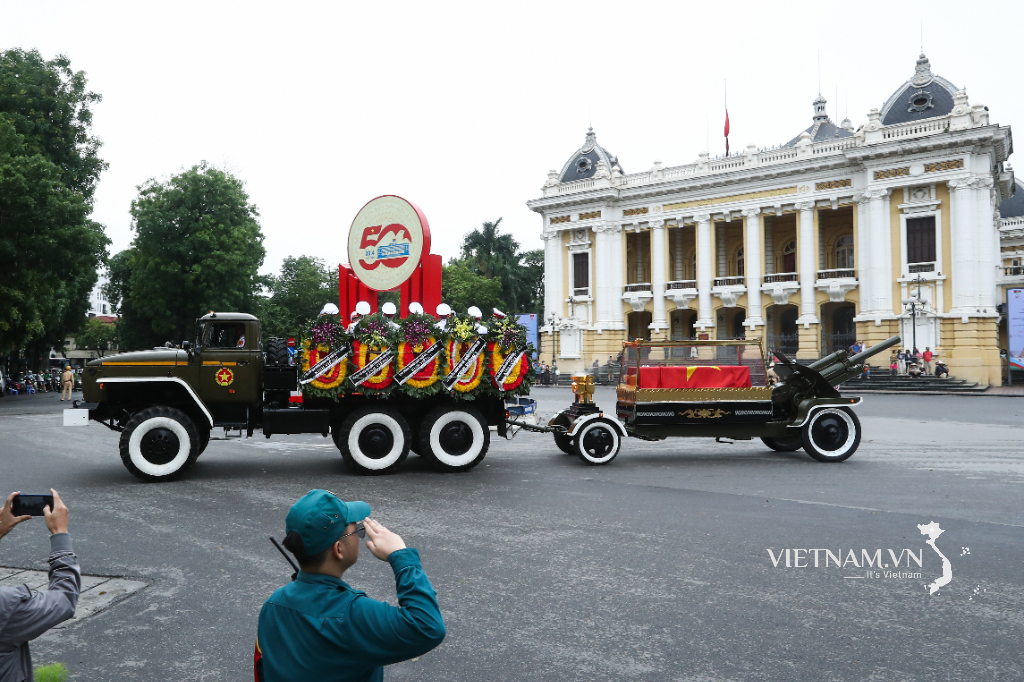
Comment (0)